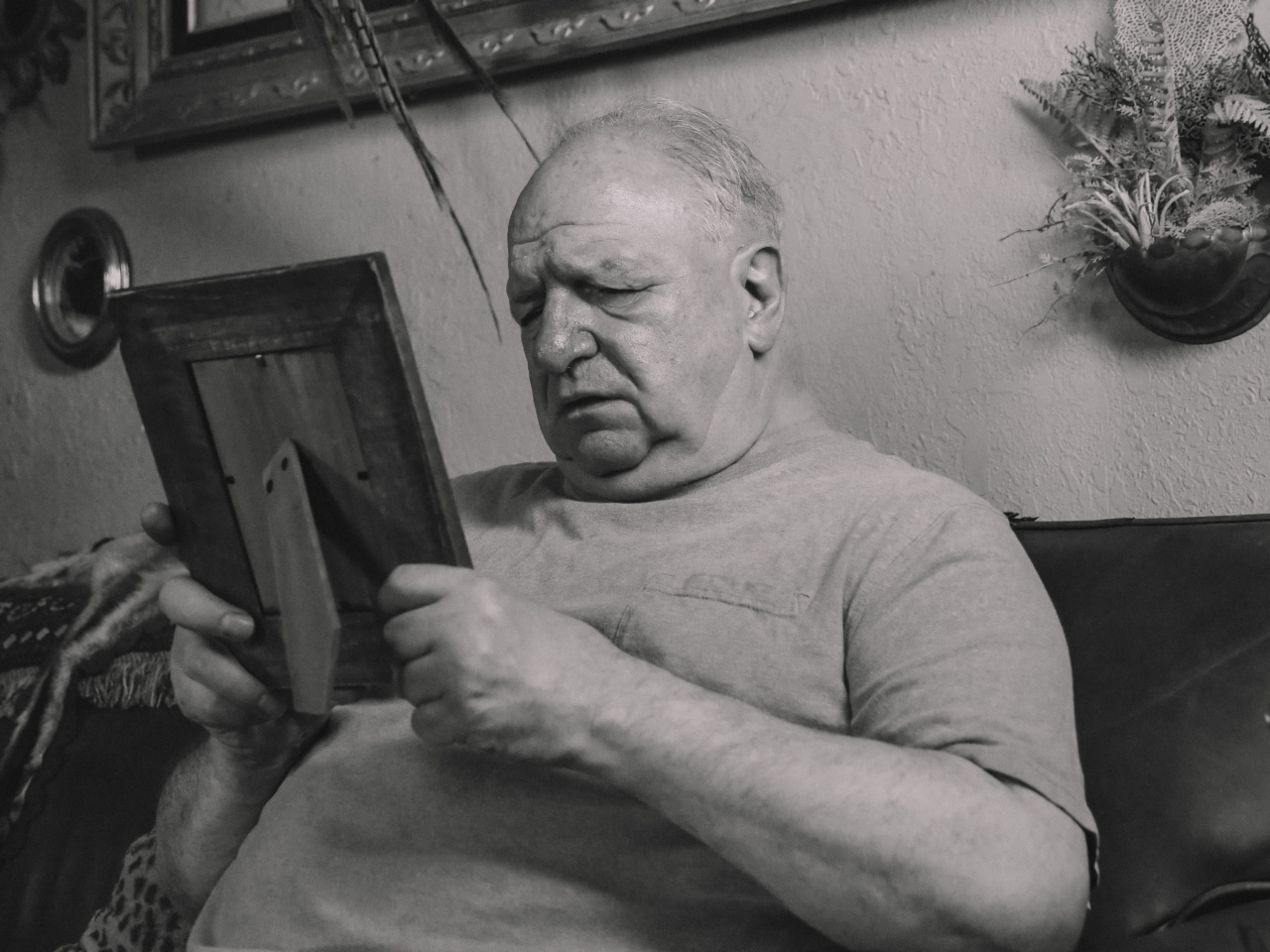As people age, it’s normal to experience a decreased sense of smell. This can be due to a variety of reasons, including a loss of olfactory receptors, a decrease in nasal mucus production, or the side effects of medications.
However, recent research has suggested that a diminished sense of smell in elderly individuals may indicate a higher risk of premature death.
The Study
The study in question was conducted by researchers at Stockholm University and consisted of more than 1,700 elderly participants.
The participants, who were between the ages of 40 and 90, were required to take a smell test to determine their olfactory abilities. The researchers then tracked the participants’ health over the course of 10 years.
The Findings
After analyzing the data, the researchers found that individuals who had a diminished sense of smell were significantly more likely to have died over the 10-year period.
Specifically, individuals who had a lower sense of smell at the beginning of the study were found to have a 46% higher risk of death than those with a higher sense of smell.
Possible Explanations
While it’s not clear why a diminished sense of smell might be linked to a higher risk of premature death, there are a few possible explanations.
One theory is that a loss of smell may make it more difficult for individuals to detect spoiled food or other dangerous substances, which could lead to illness or injury. Another theory is that a loss of smell may indicate underlying health problems, such as Parkinson’s disease or dementia.
Implications
The findings of this study have important implications for the elderly population. If a diminished sense of smell does indicate an increased risk of premature death, it could serve as an early warning sign for health problems.
This means that healthcare providers should pay more attention to patients’ sense of smell when performing routine check-ups.
Conclusion
Although further research is needed to fully understand the link between a diminished sense of smell and a higher risk of premature death, the findings of this study are certainly concerning.
If you are an elderly individual experiencing a loss of smell, it’s important to speak to your healthcare provider to determine the cause and potential implications.





























